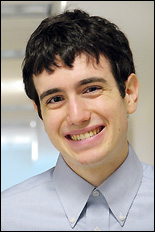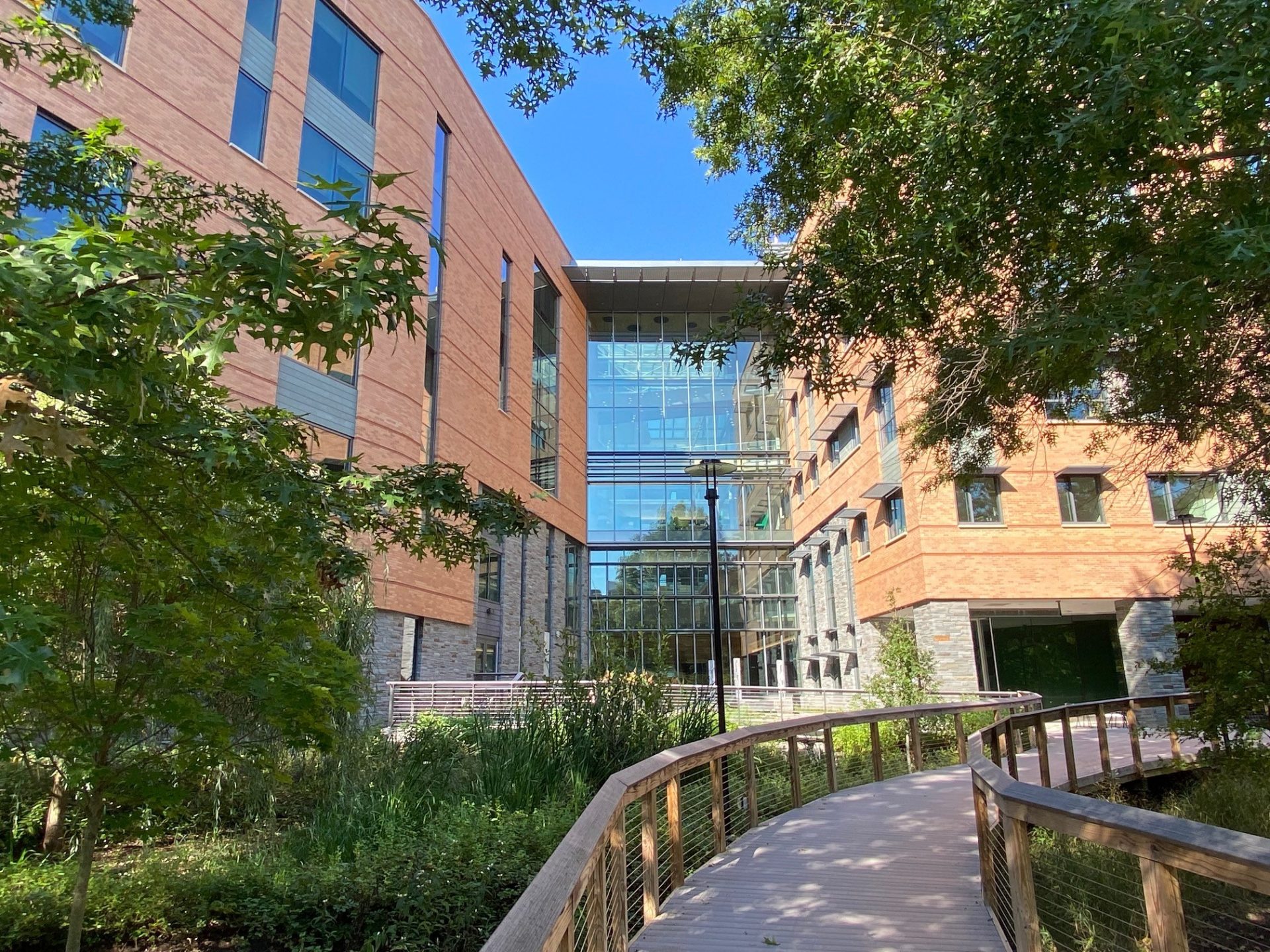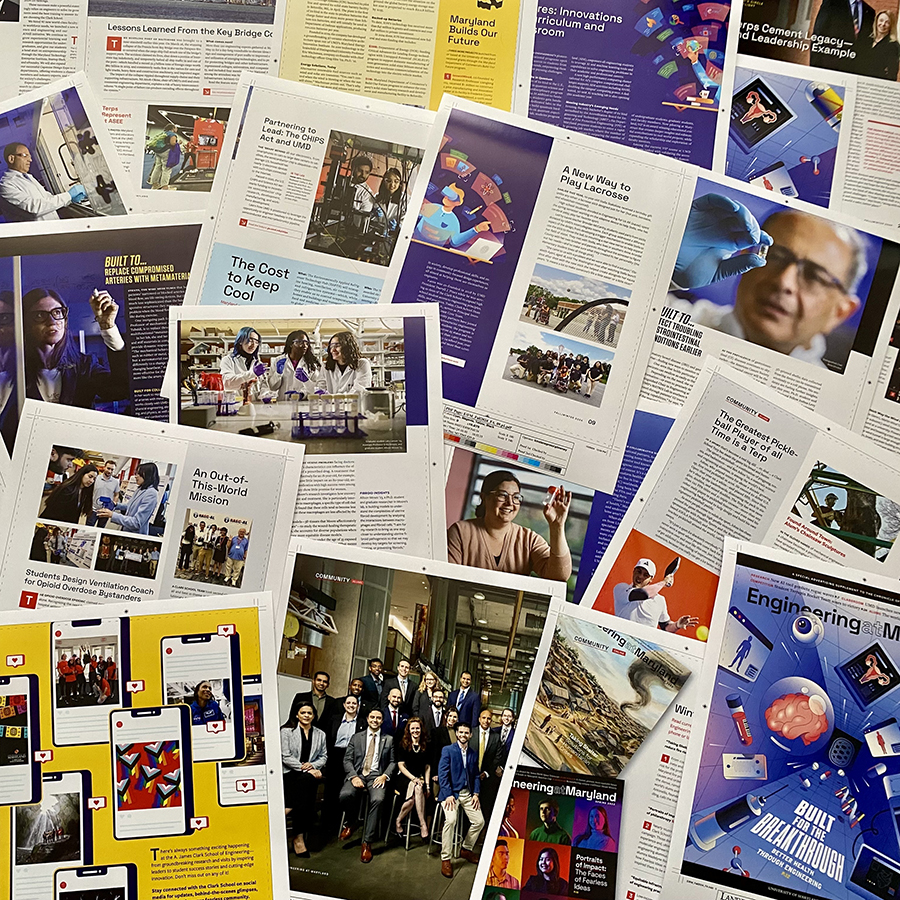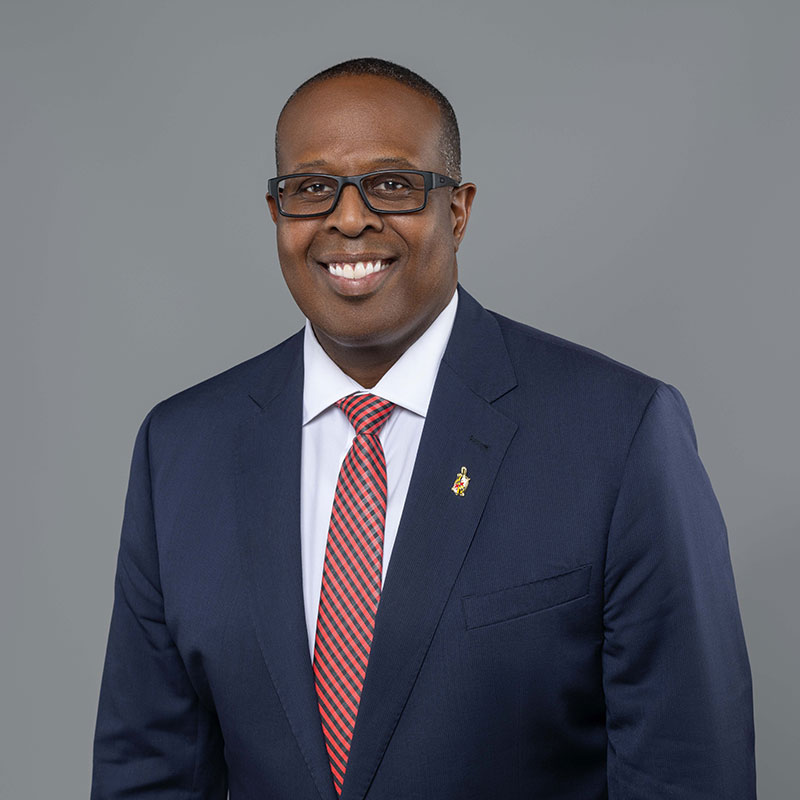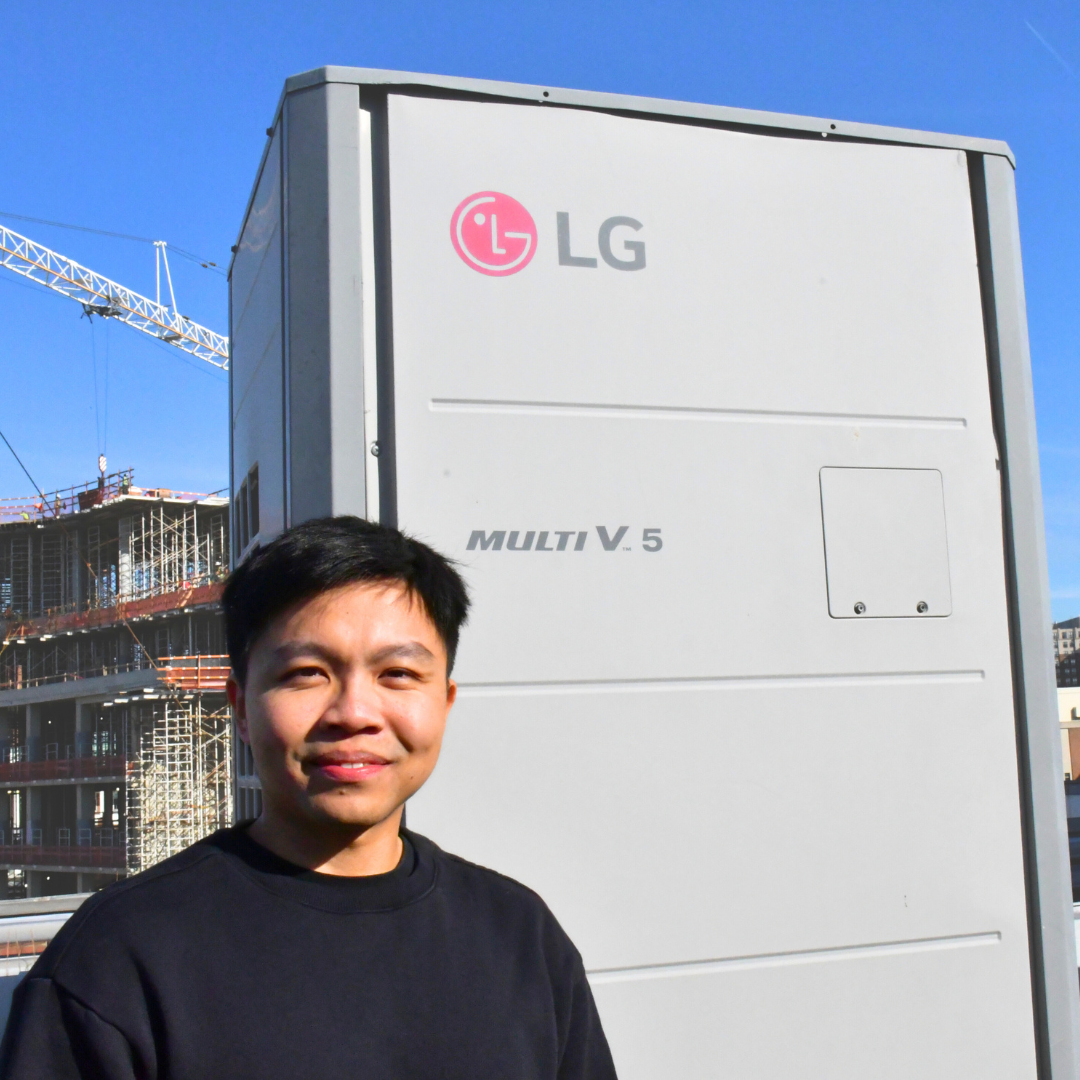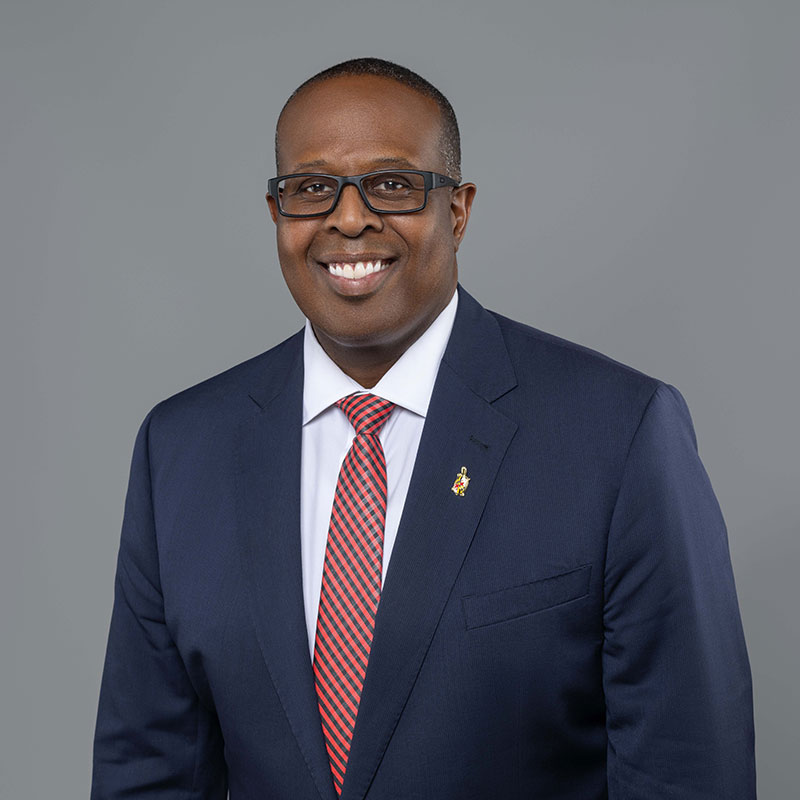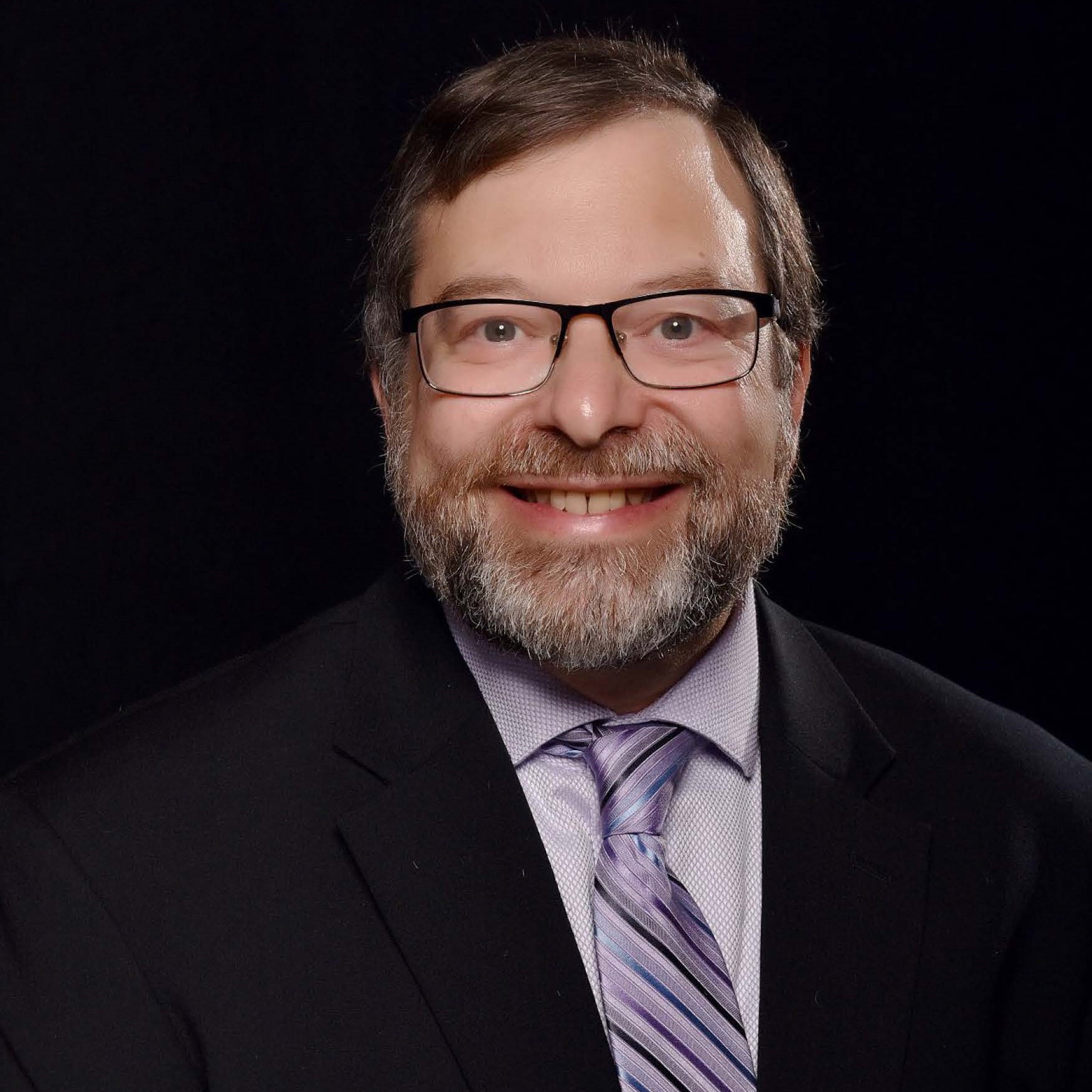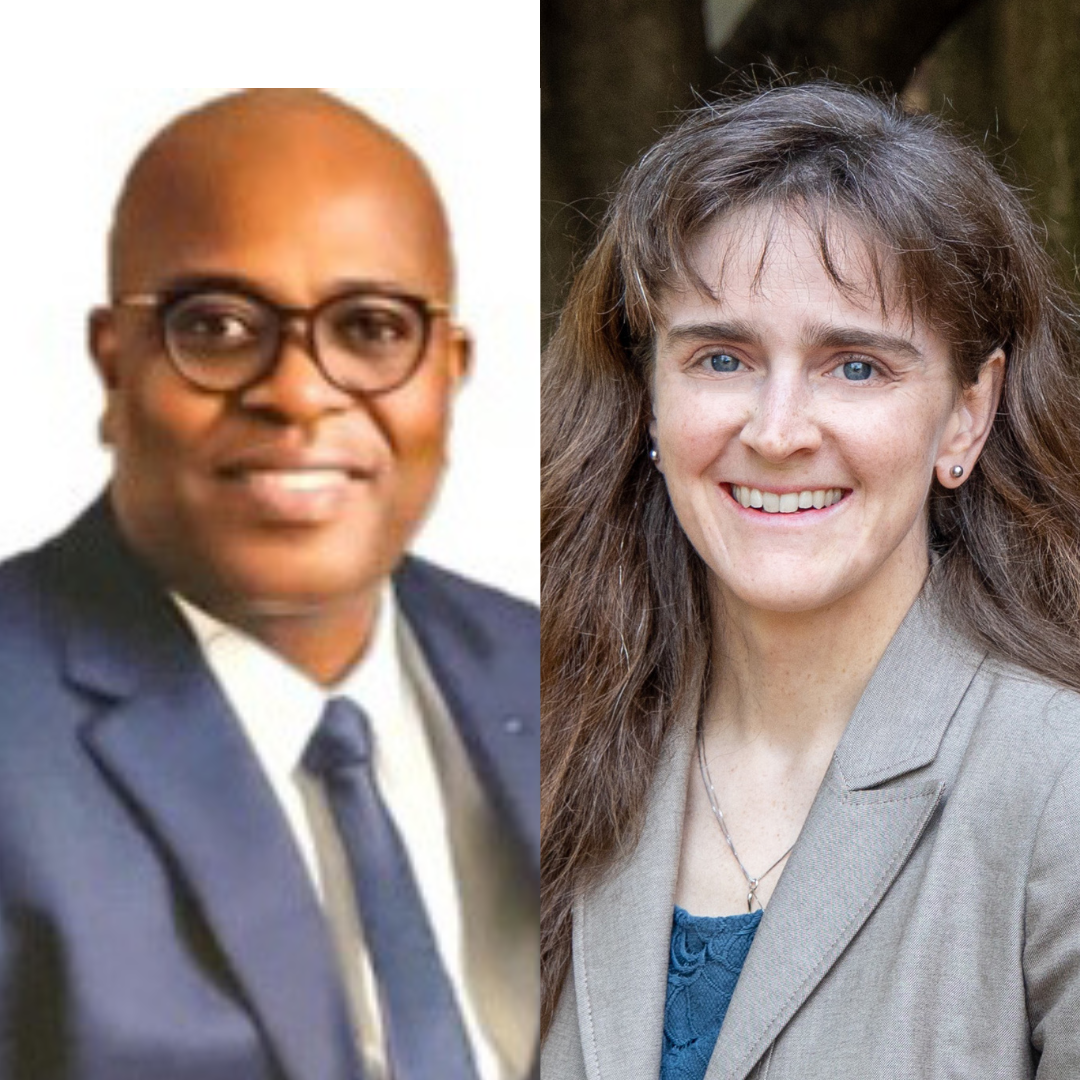News Story
BioE Undergrads Shine Again in Bioethics Contest
Fischell Department of Bioengineering freshmen Miranda (Mandy) Hagen, Katherine Ip, and Mariya Sitnova were three of the five finalists in the Institute of Biological Engineering's (IBE) annual bioethics essay contest. Hagen took third prize for her essay “Addressing Public Concerns about Synthetic Biology,” while Ip and Sitnova received Honorable Mentions. The students presented their essays at the IBE's annual conference in March, where the winners were decided.
Over the three years the IBE has run the contest, Clark School bioengineering majors from the University of Maryland have dominated it, representing eleven of the fifteen total finalists and scoring two first place, a second place, and two third place wins.
Each of the essays entered into the contest answered the question, “In the context of synthetic biology, how should the public’s concerns regarding safety and ethics be heard and integrated?” Synthetic biology, also known as synbio, is a relatively new but controversial field of study in which scientists create new biological components of life "from scratch" or redesign existing systems for new or improved uses.
Hagen's essay argues that those working in the field of synthetic biology, particularly those in leadership roles, need to recognize and address the public's concerns as a matter of policy, as well as make it clear that they consider the ethical implications of their work very seriously. The difficulty in gaining public acceptance, she says, tends to spring from a lack of information.
"The research needs to be widely available and needs to contain thorough descriptions of how it could influence the world, both positively and negatively, as well as understandable methods and detailed descriptions of the results and unbiased analysis," she writes. "A well-informed public…will not make judgments based on hearsay or rumors." Hagen hopes that a proactive effort to educate the public could help prevent beneficial synbio projects from being held back by the same ethical issues that affect stem cell research.
Hagen was "thrilled" to be part of the conference. "It was encouraging to see so many people near my own age getting involved in bioengineering and making a difference in the world," she says. "One of the most interesting sessions was titled 'Biobusiness,' in which recent MIT graduate school graduates spoke about the companies they had started that centered upon a revolutionary technique that they had thought of while in school. The conference was also a wonderful networking opportunity. One professor from Penn State even e-mailed me after the conference to compliment my speech and ask if I was interested in joining his iGEM [International Genetically Engineered Machine competition] team for this upcoming summer. All of this, combined with touring Boston and visiting MIT, made for an extremely rewarding experience."
Learn More:
Visit the Institute of Biological Engineering web site »
Published March 30, 2010

